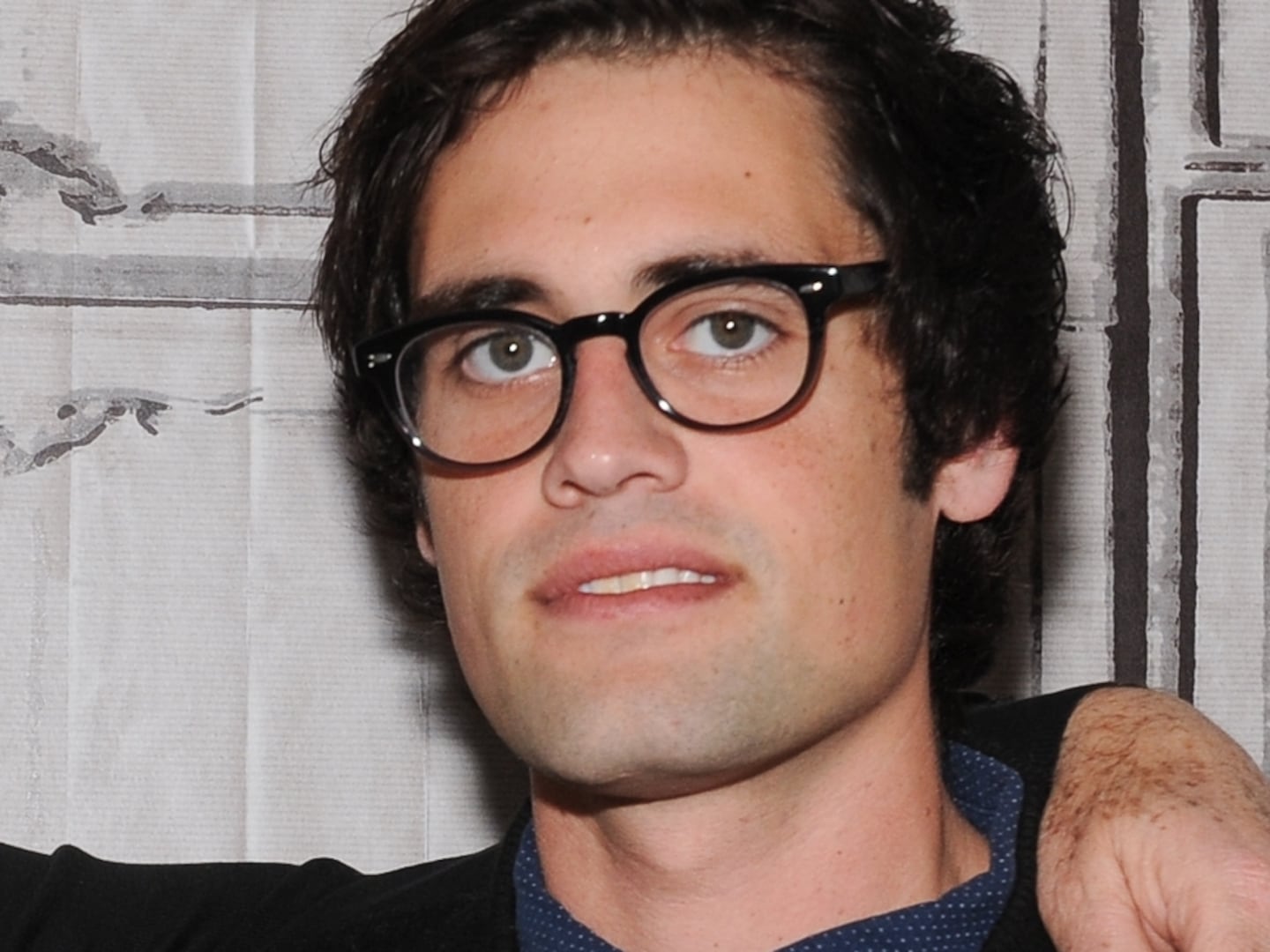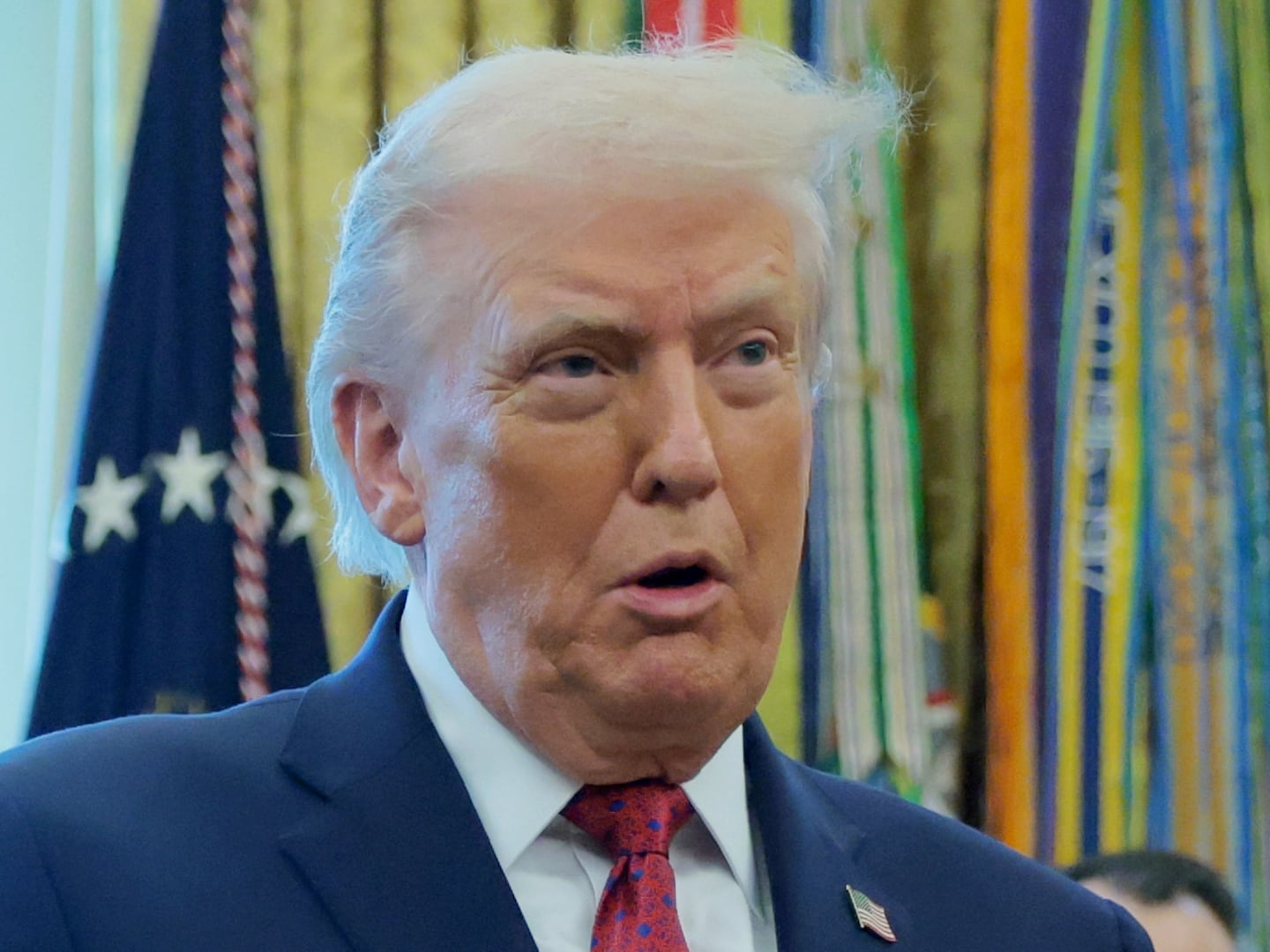Last weekend, I read the Jerusalem Post’s patriotic celebration of this Knesset’s only Druze member, Hamad Amar. He belongs to right-wing Israeli political party Yisrael Beiteinu. That party’s name, translated into English, reads: “Israel, our home.” Attached as it is to a nationalist, right-wing party in Israel, the subtext of the name, at least in the ears of many, rings out as follows: “Israel is our home, the Jewish home; if you’re not willing to accept this basic fact, then get out!” Of course, the fact that the party has advocated for oaths of loyalty to Israel as a Jewish State only served to underscore this connotation of their name.

The presence of Hamad Amar on the slate of Yisrael Beiteinu complicates matters somewhat. Of course, Israel’s detractors can easily write this off as a cynical manipulation of the minority. Apartheid South Africa had black policemen (albeit of restricted rank) enforcing the apartheid laws. Ahmadinejad can call himself a friend of the Jews by hugging a rabbi or two from Neturei Karta at a Holocaust denial conference. And Yisrael Beiteinu can claim to have multicultural credentials with their Arab Druze MK. But we all know that the black policemen in South Africa took their jobs out of dire economic need and were pawns in a much bigger game; and their existence could in no way imply that the apartheid government had the consent of the black population—to argue otherwise would have been ludicrous, as ludicrous as Ahmadinejad claiming to be a philosemite on the basis that he draws the most despised fringe-minority of the Jewish world close to him.
The detractors of Israel will make the same claim about Hamad Amar. The fact that a nationalist Israeli party has on its slate a member from the Druze population, a population that is a fringe minority of the Arab world, a minority that have no national aspirations of their own, cannot be used as a smokescreen to obscure the persecution of Israeli Palestinians and Bedouins. If anything, it suggests that Israeli Arabs can only win acceptance when they give up on any national aspirations of their own. I think this critique would be unfair.
Despite my not sharing his politics, I think Hamad Amar is an inspirational man. He runs a Druze youth movement with over 12,000 young members in 19 branches, which distribute, between them, 3,000 sealed food packages a month to impoverished families. Amar recounts how, when many of their villages were under attack by Hezbollah during the Second Lebanon War, “the children would gather at various branches for activities, to stay busy during that difficult time. But they would also put together 200 care packages a day for IDF soldiers on the border.” As Israel’s towns in the South came under bombardment by Hamas, they reached out to Jewish groups there and invited them for “fun days” up in the North, to “give them a breather from the rocket bombardment.”
Amar’s youth movement is geared towards teaching the Israeli Druze youth about their Druze heritage, “while at the same time developing a sense of national pride.” They proudly take an Israeli flag on all of their outings, and display an Israeli and a Druze flag in all of their branches. Amar is an inspiration to a generation of children whom he is helping out of poverty and into the wider Israeli society, without giving up on the traditions, beliefs and rituals that make the Druze people distinct. He is not a sell-out, and he is not a fig leaf. It would be patronizing, even racist, to argue otherwise.
Amar’s story reminds me of many populations back in Britain, where I grew up, who were not White Anglicans but who were proud to be fully contributing members of British society. I remember, to pick one example at random, how members of the Sikh community would talk with pride about the part they played in the war against Nazism in British uniforms. In the Jewish community, I remember marches of the Association for Jewish ex-servicemen and women, and how the stories of the various roles that my grandparents played in the war effort gave me a sense of tremendous civic engagement. Britain was our adopted home, and though we had a religious and communal identity distinct from the majority, we were proud, and are proud, of the role that we played as a valued minority with equal rights.
What makes the situation in Israel more difficult, apart from the years of conflict, is that we are not just home to ethnic or religious minorities; we are also home to a national minority, in the form of the Palestinian Israelis living not in the West Bank or Gaza but in Israel itself. In Britain, you find proud British Muslims, British Jews, British people of African descent; indeed many proudly British, ethnic and religious minorities. But outside of the U.S., where you find huge communities of proud Irish Americans and Italian Americans, you rarely find countries that comfortably host proud national minorities. A nation, almost by definition, wants to be in control of its own public and political realm; it doesn’t dream of becoming hyphenated like the identity of a British Sikh, for instance. America is an exception. Indeed, the main motivation for Zionism was that a critical mass of Jews no longer wanted to live under such hyphenation.
The Druze are a religious/ethnic minority without national aspirations. And thus, their transition into becoming proud Israeli Druze is less complex and fraught a matter as the transition from being a Palestinian with Israeli citizenship to becoming a proud Palestinian Israeli. But we can still hope. Perhaps one day, when the Palestinians have their own state by Israel’s side, the conflict will become a painful but ever more distant memory and the Palestinian minority remaining in Israel, afforded equal rights under the law, will be encouraged to take their rightful place as proud, equal and valued members of Israeli society, with a sense of their distinctive story alongside a sense of tremendous national pride.






